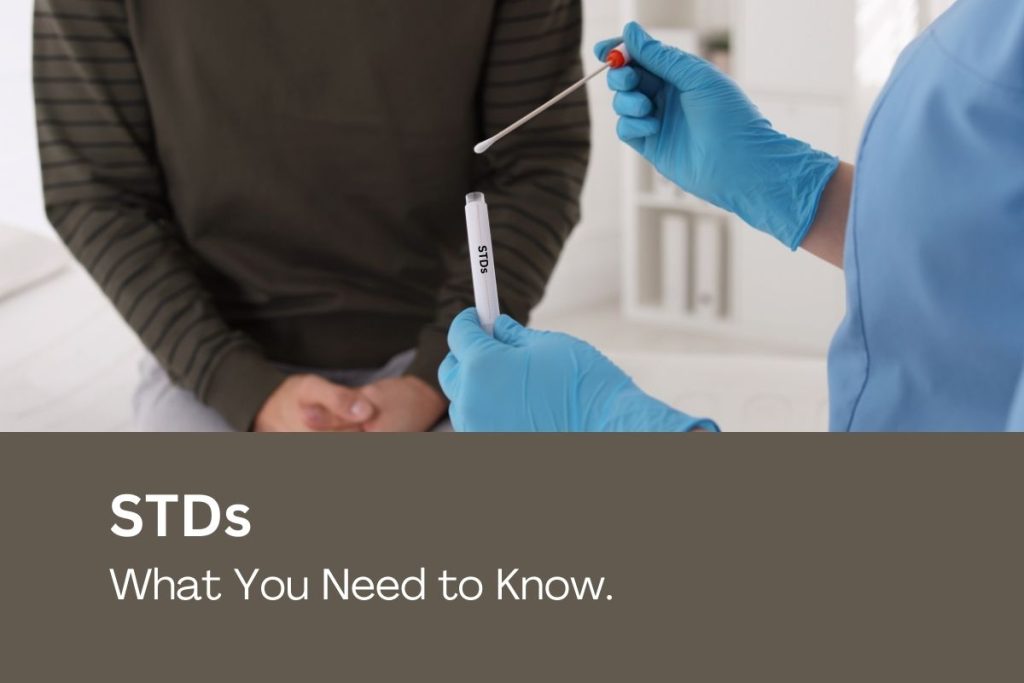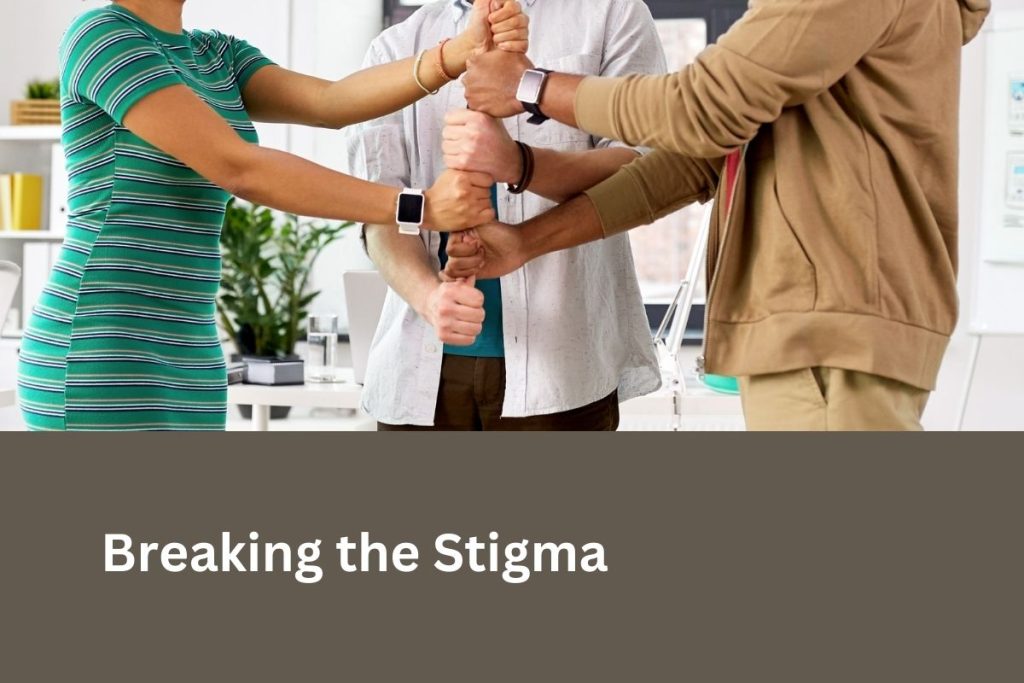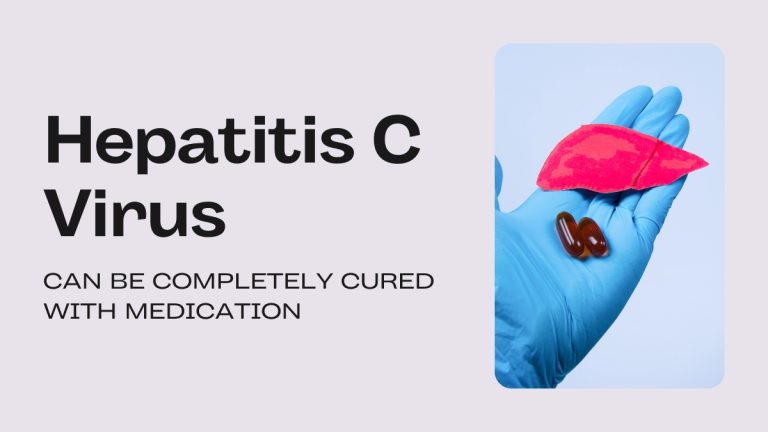
In today’s world, it’s essential to have a clear understanding of sexually transmitted diseases to protect yourself and your partners. STDs are infections that are typically spread through sexual activity, including vaginal, anal, and oral sex. While the topic may seem daunting or uncomfortable, knowledge is key to prevention, early detection, and treatment. Let’s delve into the basics of STDs to empower ourselves with information and awareness.
What Are STDs?
Sexually Transmitted Disease, commonly abbreviated as STD, refers to infections typically spread through sexual activity, including vaginal, anal, and oral sex. They can be caused by bacteria, viruses, or parasites and can affect anyone, regardless of age, gender, or sexual orientation. If left untreated, these infections can have serious health consequences, but many STDs can be treated with medication.
Common Types of STDs

- Chlamydia: Caused by the bacterium Chlamydia trachomatis, chlamydia is one of the most common STDs. It often doesn’t cause symptoms but can lead to serious health issues if left untreated, such as PID and infertility.
- Gonorrhea: Another bacterial infection, gonorrhea, is caused by Neisseria gonorrhoeae. Similar to chlamydia, it may not always present symptoms but can cause complications if untreated, including infertility and increased risk of HIV.
- Syphilis: Caused by the bacterium Treponema pallidum, syphilis progresses in stages and can cause serious health problems if not treated, including damage to the brain, eyes, heart, and other organs.
- Human Papillomavirus (HPV): HPV is a viral infection that can lead to genital warts and various types of cancer, including cervical, anal, penile, and throat cancers.
- Herpes: Herpes simplex virus (HSV) causes genital herpes, which manifests as painful sores in the genital area. While there is no cure, antiviral medications can help manage symptoms and reduce the risk of transmission.
- HIV/AIDS: HIV attacks the immune system, making it harder for the body to fight off infections and diseases. If left untreated, HIV can lead to acquired immunodeficiency syndrome (AIDS), a condition characterized by a severely compromised immune system.
Prevention STDs
The treatment and management of STDs involve various approaches depending on the type of infection and its severity. many STDs can be effectively treated with antibiotics or antiviral medications, especially when detected early. For bacterial STDs are commonly prescribed to eradicate the infection. Similarly, antiviral medications are used to manage viral STDs such as herpes and HIV, although these infections cannot be cured entirely. Instead, antiviral drugs help control symptoms, reduce the frequency of outbreaks, and lower the risk of transmission to others.
Breaking the Stigma

Reducing the stigma against,Sexually transmitted infections is an important issue that should be confronted and understood more deeply. We must recognize that contracting STDs does not reflect a person’s moral or human worth. STDs are natural and can happen to anyone. whether male or female No matter how old you are It is also important to emphasize that seeking treatment and support for STDs is important for maintaining overall health and happiness. It is like treating any other disease that requires medical attention. Together we can help promote open conversations about sexual health. Promote regular testing and provide comprehensive health services Together we can help reduce the recognition of STDs and create understanding and support. Ultimately, reducing the stigma of STDs isn’t just about promoting acceptance and compassion. But it also involves prioritizing health and choosing treatment without fear of difficult decisions or discrimination.
Understanding STDs is vital for maintaining sexual health and well-being. By educating ourselves, practicing safe sex, and seeking regular testing and treatment, we can work towards reducing the spread of STDs and promoting healthier, safer sexual practices for everyone. Let’s strive for a world where knowledge, awareness, and support prevail over stigma and misinformation.







